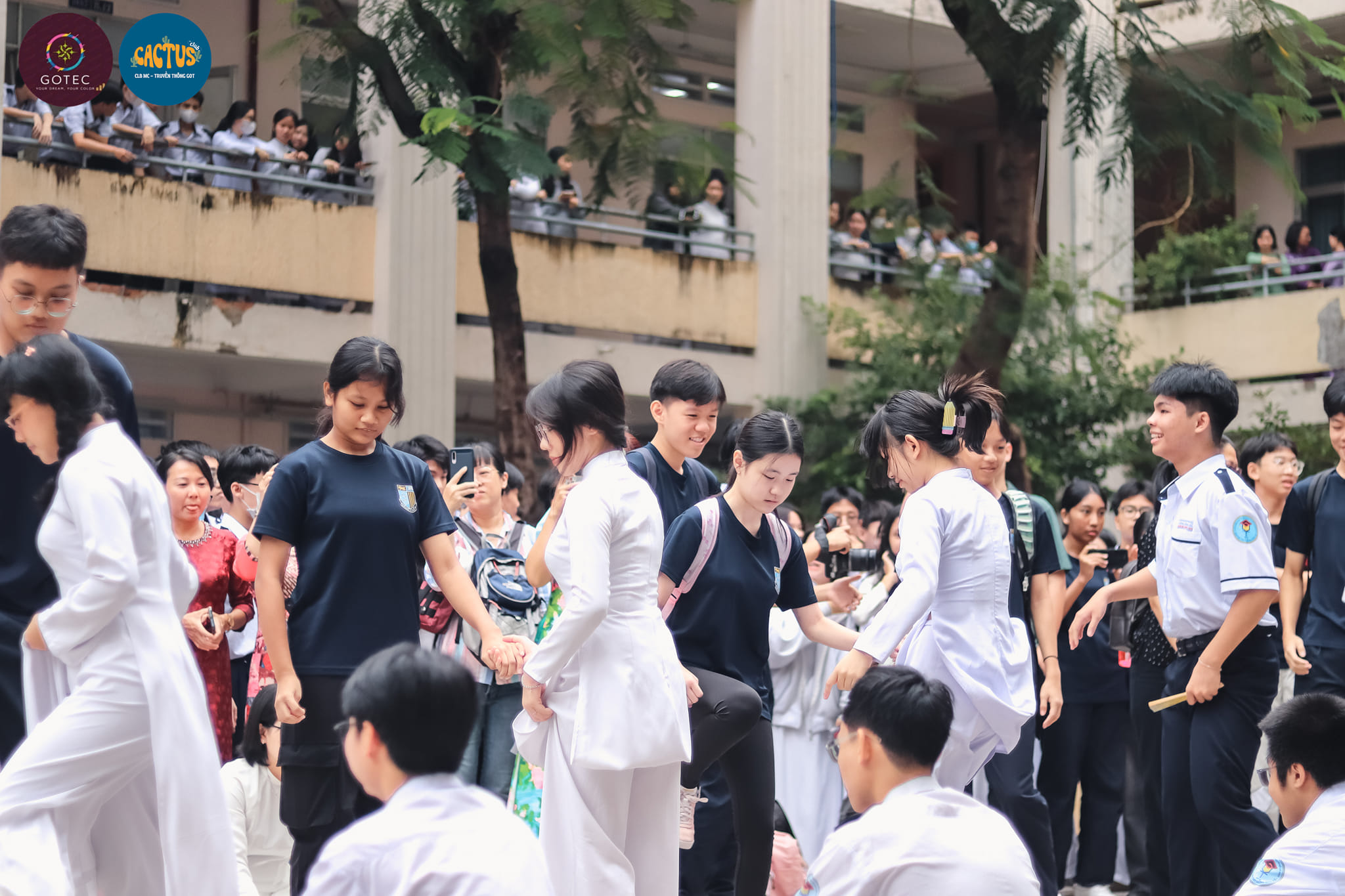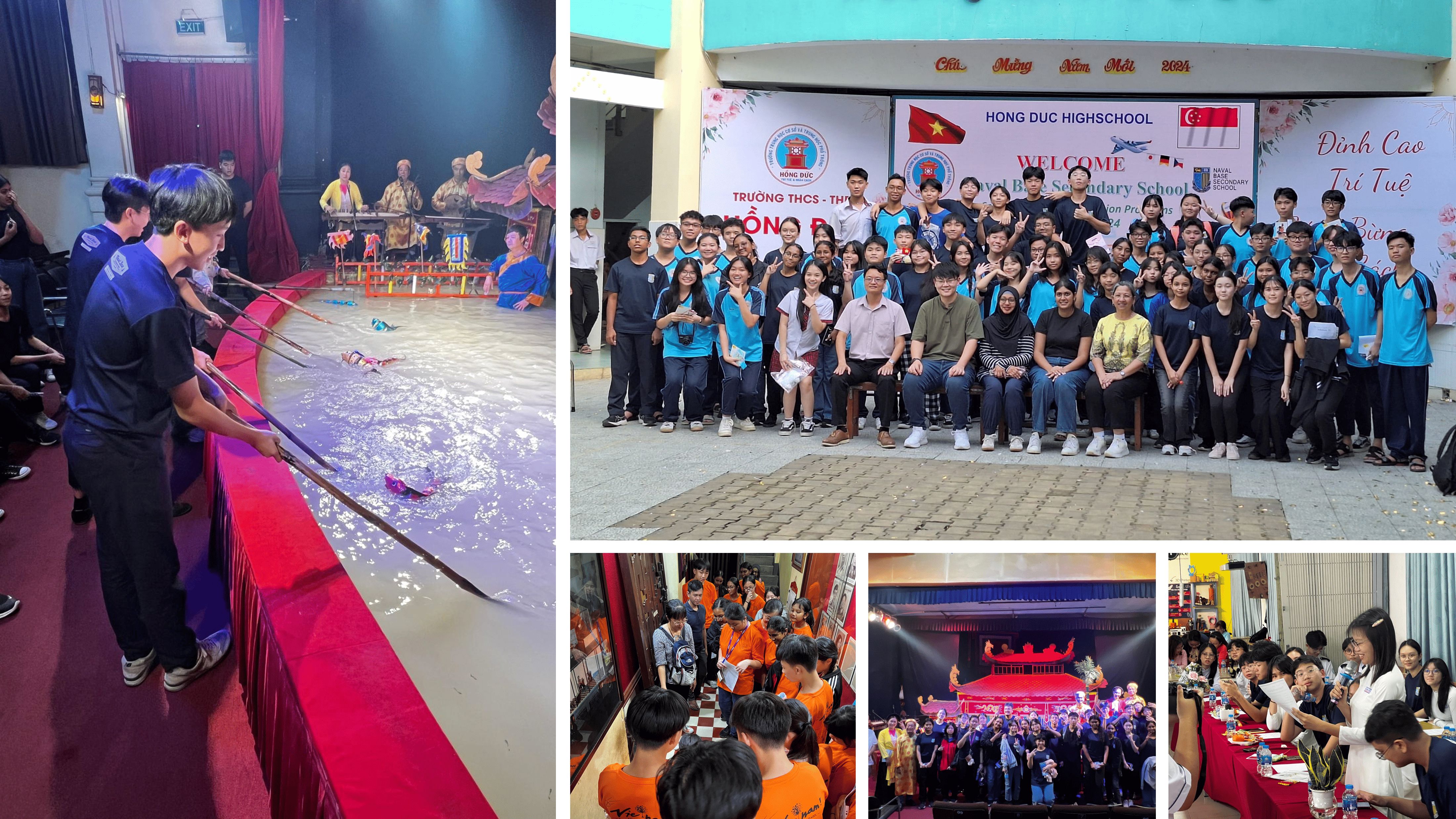Humanities
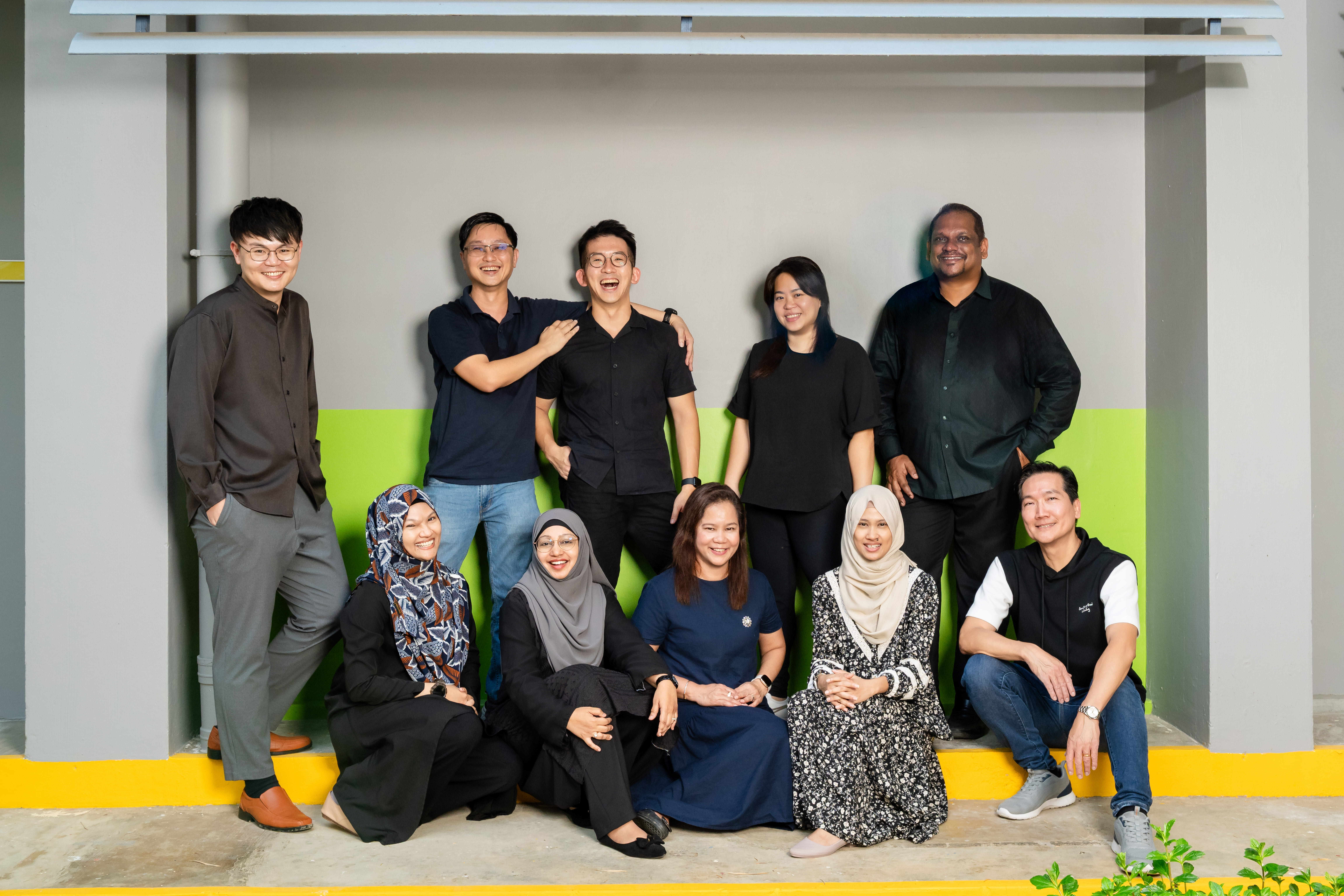
Department Vision
The Humanities Department aims to develop, among our students, inquiry-oriented learning dispositions that will allow them to make sense of the complexities of societal issues that they will encounter. By maximising the potential of our students, our programmes seek to nurture them into Adaptive and Collaborative learners who also strive for Excellence.
Teaching and Learning Experiences
Our key teaching and learning approach is adopted in line with the aim to help students become inquiry-oriented learners. As such the department adopts an inquiry-based approach towards teaching and learning to enable students to reach for deeper and enduring understanding of concepts through their own discovery and reasoning. Catering to diverse interests and needs, and in line with our 3E Approach (Embrace, Engage, Excel) the department designs and curates a host of enrichment and out-of-classroom learning experiences for our Navalites.
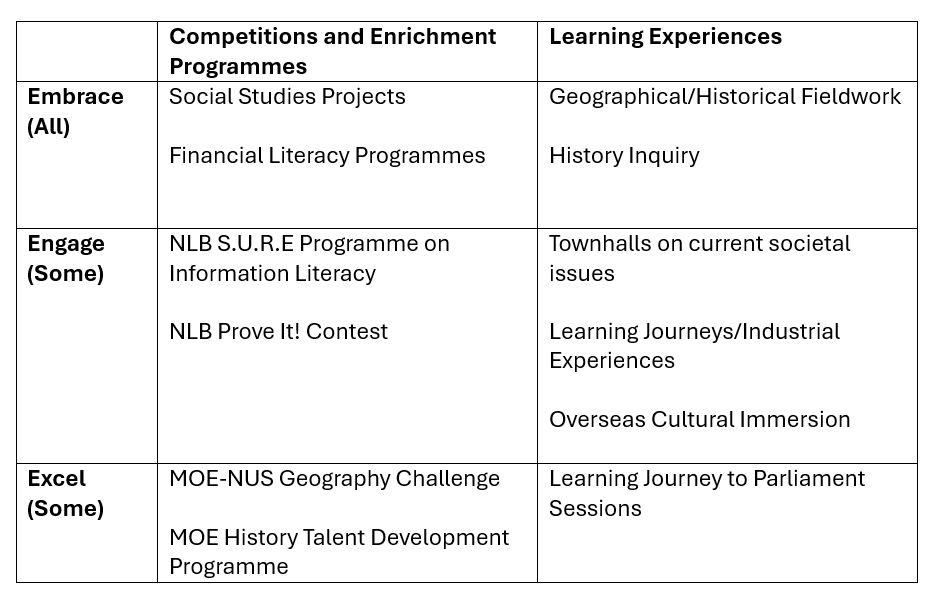
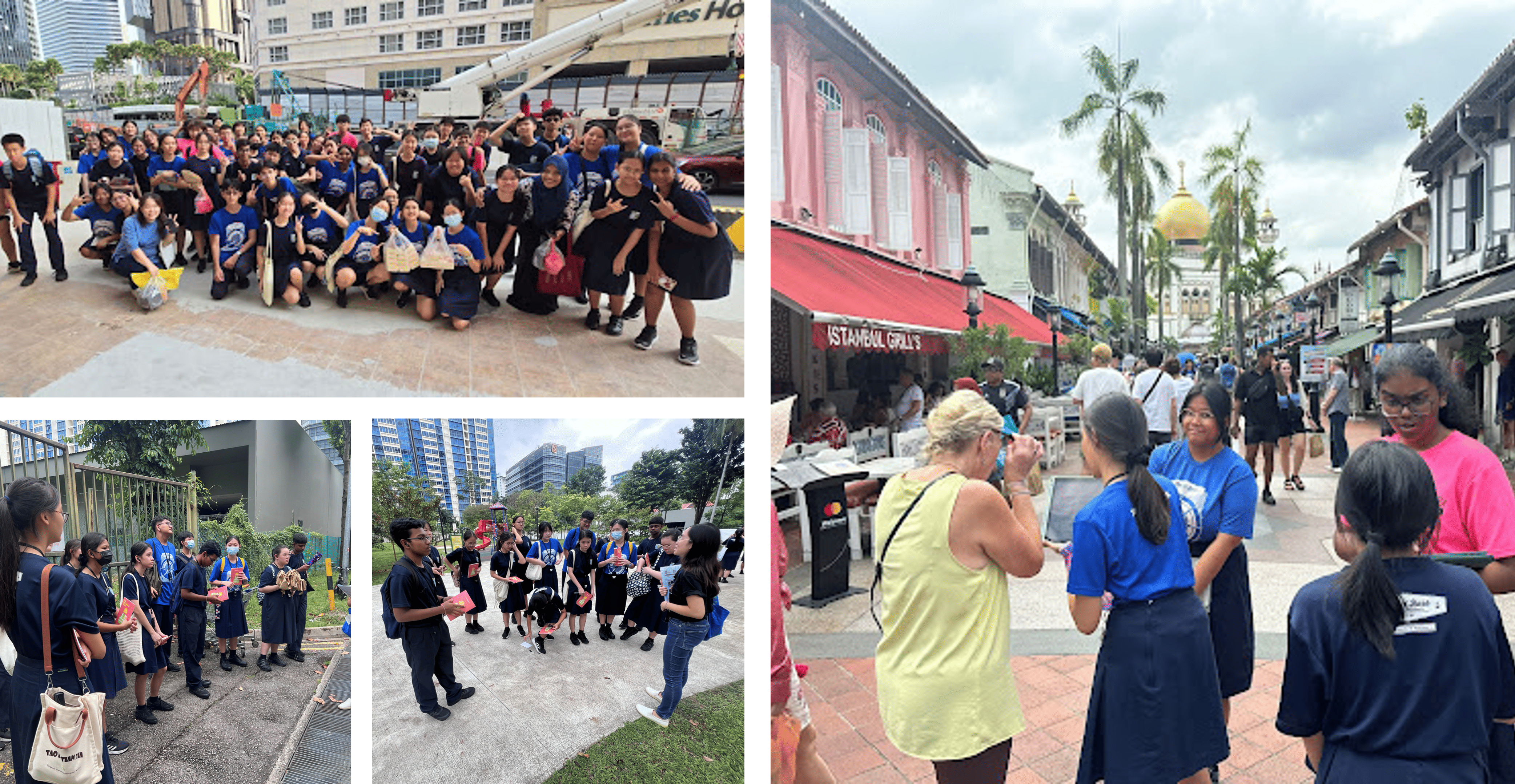 Learning Journeys to engage students in real-world issues
Learning Journeys to engage students in real-world issues
 Learning Journey to the Parliament House to learn about governance
Learning Journey to the Parliament House to learn about governance
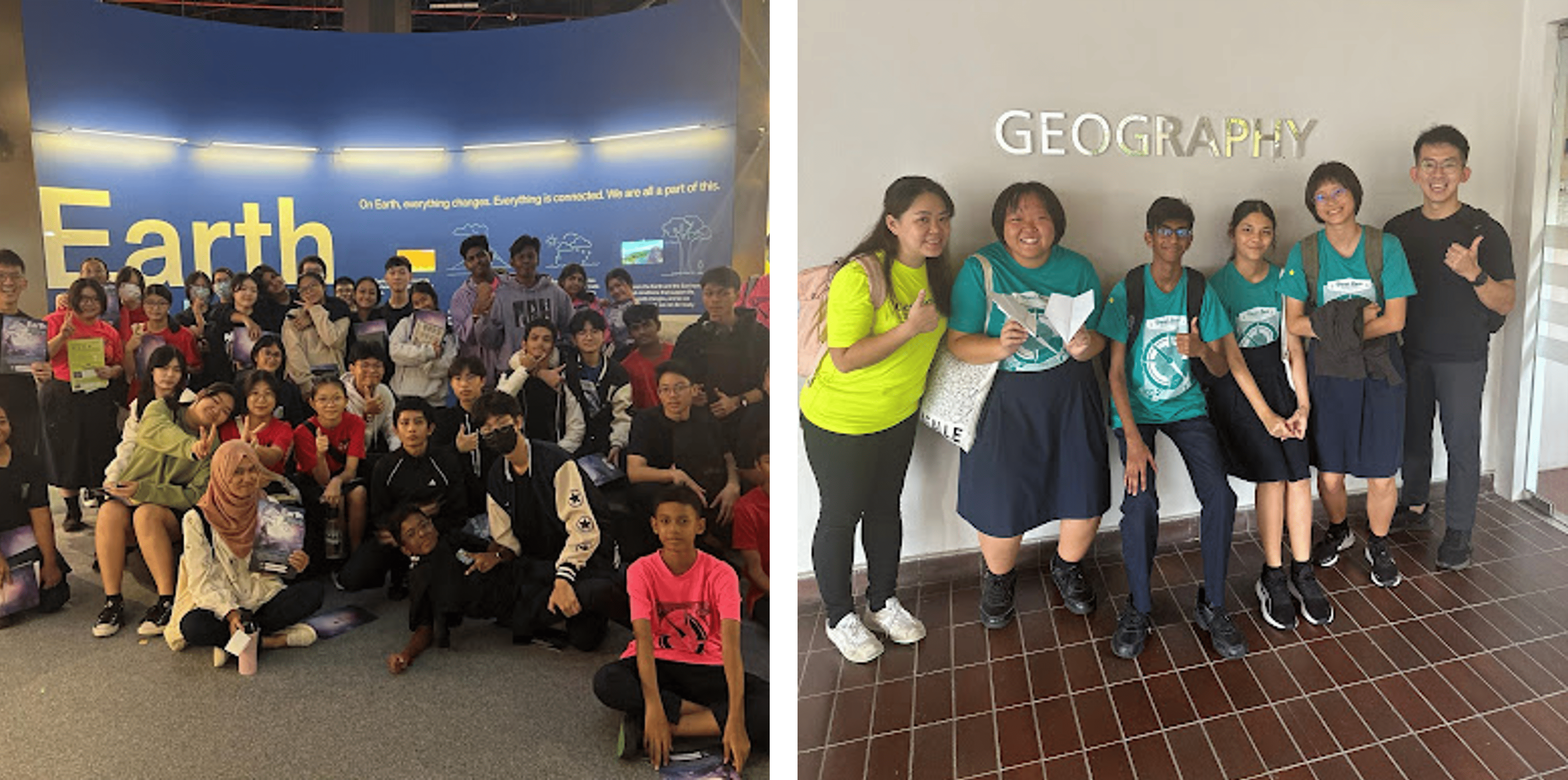 Learning about Plate Tectonics (left) and Participation in the NUS Geography Challenge
Learning about Plate Tectonics (left) and Participation in the NUS Geography Challenge
Pedagogical Strategies
Supporting the inquiry-based approach are two key pedagogical strategies. One of the key pedagogical strategy is through Socratic questioning, which are meant to help students consider thoroughly the issue they are exploring as well as consider the reasons for their own thinking.
A second pedagogical strategy is the prevalent use of discussions in classroom to provide opportunities for students to co-construct knowledge. A common strategy used in all Humanities classrooms, teachers incorporate discussion activities for students to voice their own perspectives before guiding them to form and develop their own conclusion towards issues they are exploring. Students are also invited to debate on issues through Townhalls.
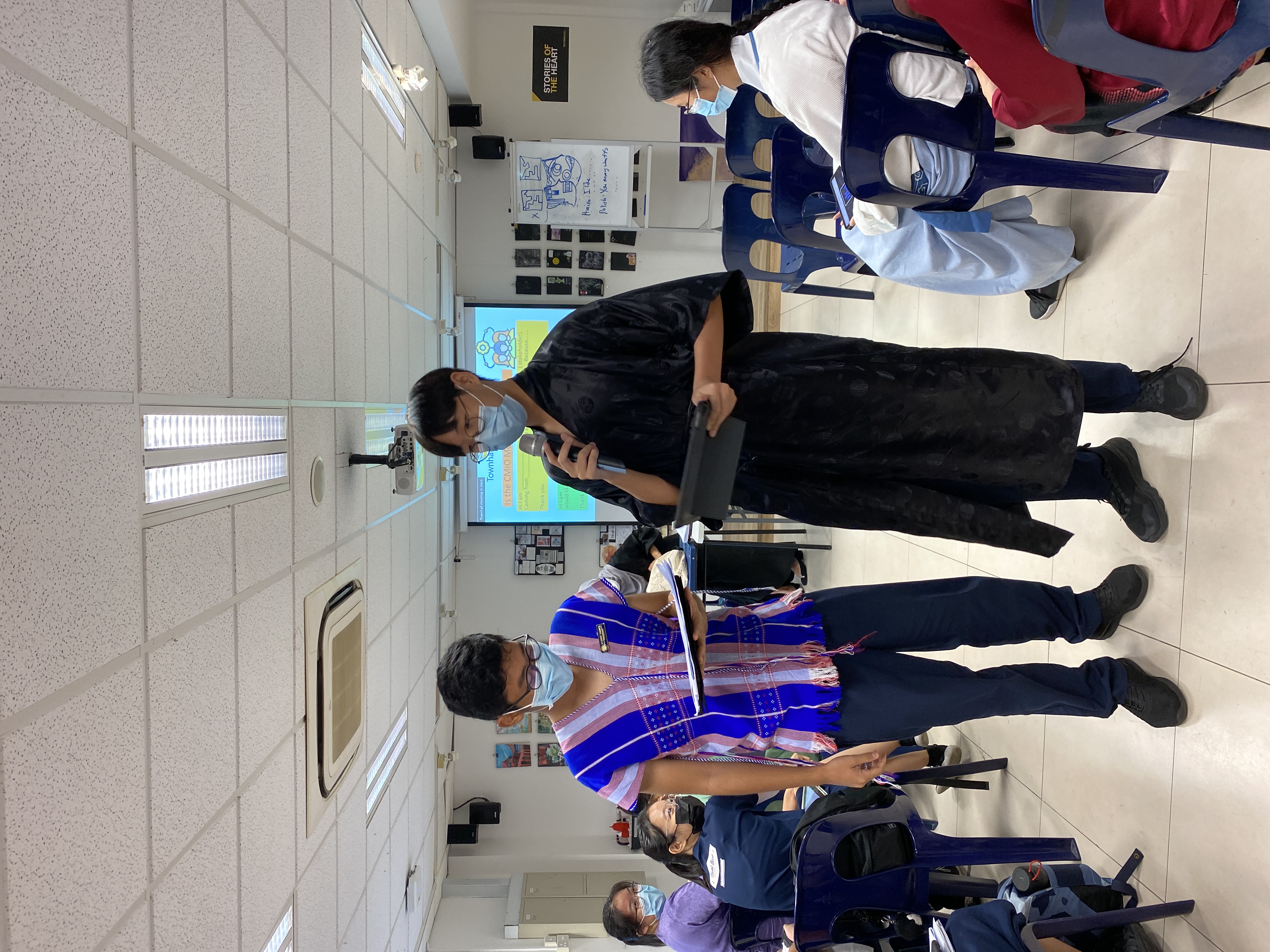 Students engaging their peers in a Townhall session
Students engaging their peers in a Townhall session
Learning Beyond Borders
Besides the host of learning journeys and enrichment programmes offered locally, an overseas history and cultural immersion trip took place in Vietnam last year, where students had the unique chance to delve into Vietnam’s vibrant history, culture, and literary heritage. This unforgettable journey fostered friendships, self-discovery, and a deeper connection to our neighbour! It has also deepened our students’ curiosity, inspiring them to return home with valuable lessons and fresh perspectives.
